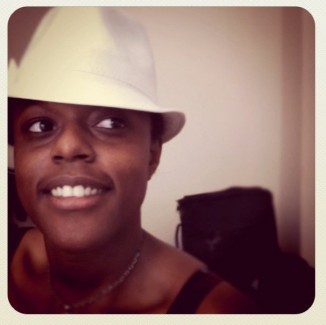 Last week was jam-packed and inspired.
Last week was jam-packed and inspired.
When I became a Jeremiah Fellow with Bend The Arc: A Jewish Partnership for Justice in 2011, I didn’t know just how much of a transformative experience it would be. As we come to the end of our cohort term, I reflect.
I am thankful for the many opportunities I have had because of being actively involved with Bend The Arc. Being able to say yes to invitations to engage volunteers, celebrated lay leaders, the White House and prominent civil rights activists since the fall of 2011 has been powerful. Being encouraged to head to New York for a community engagement training in its inaugural season was, naturally, a no brainer. I’ve come to know that when Bend the Arc calls, it’s time to say yes, take action and dive in.
Participating in the JOIN for Justice National Summit has made a lot of lightbulbs light in my head.
Ping! Pow!
…The thoughts began to flash when I landed in NY and teamed up with some of the fellows in my cohort and our fabulous team of mentors as part of the Jewish Social Justice Round Table’s Civic Engagement Campaign track. Dialoguing and learning best practices from other Jewish social action organizations, groups and volunteers in this intensive 3-day setting was invaluable and gave me an awareness of Jewish social action that made me even more dedicated to activism and community organizing. There was a lot to gain from convening in a mindshare with individuals representing California’s Bay Area, Detroit, Minnesota, New York, Los Angeles, Maryland, Chicago and Florida.
What is the Jewish Social Justice Roundtable (JSJRT)?
“The Jewish Social Justice Roundtable is a cooperative partnership among Jewish organizations working to elevate social justice to the center of Jewish life. Our members are committed to collaborating on progressive issues and creating explicity Jewish structures to address them. Although member organizations do not always work on the same issues or campaigns, they do share the goal of changing the underlying systems causing injustice in today’s society – whether on the local, state, national or international level – through direct service, capacity-building, advocacy and organizing.
In 2011, we began a national Civic Engagement Campaign, guided by Jewish values. Led by nine anchor organizations across the country, we are holding candidate forums, building capacity, and forming alliances to increase civic participation in the Jewish community.”
Take Aways
As we individually and collectively take the insightful training we received in New York back to our communities to implement strategic campaigns, I keep the following in my sinews:
1) Every win should be celebrated on the road to justice. Often times we forget that when the muck overshadows the good. It’s time to remember to celebrate because it’s time for winning. Small, big – celebrate.
2) Jews are on the ground for GBLT rights in states I’d never imagined. I am part of Jewish inclusion teams and have spoken on panels this past year for Jewish diversity and inclusion in Los Angeles and Maryland. To hear that people are on the ground engaging their communities to act for marriage equality in states like Minnesota empowers me. JOIN expanded my scope of hope.
3) Action vs. Activity. I hadn’t really grok’d the difference between the two terms until I sat in a session the first day of our convening. As 2012’s election month fast approaches, all of us from each of the eight organizations present at this year’s Civic Engagement Campaign training will be implementing activities. But, more than just launching a series of activities, we dissected the true meaning of making things happen; that is, engaging in strategic actions around key issues. This allows power and relationships to be built for the future in our respective communities and organizations. Really understanding the difference between action and activity is power.
I would have loved to been able to attend some of the other plenaries in order to network and learn with other members of the training. Perhaps at future summits, there will be a way to work this into the track, though I thought being able to attend a few larger group sessions with the entire summit participant roster was thoughtful.
All in all, I’m super excited and super charged post-JOIN; and really, it is just the beginning! I feel a subtle shift occurred, perhaps on a cellular level, for me at the training. Super cool.
Now, I am looking forward to celebrating some wins in 2012 with my fellow Jewish-based community organizers!
JOIN for Justice National Summit was a blast. I’d recommend it to anyone serious about diving into efficient and meaningful community organizing development, especially if you are privy to or involved with any of the Jewish Social Justice Round Table’s organizations*.
*To read about the organizations in the Round Table, please click here to view the list at the National Council of Jewish Women’s website. (Note: Progressive Jewish Alliance + Jewish Funds for Justice is now Bend the Arc.)
Tera Greene is an Artivist/Writer/Social Entrepreneur and award-winning DJ. She has blogged with the Jewish Journal Online’s “Oy Gay” blog since 2010. Follow her on twitter @djnovajade.



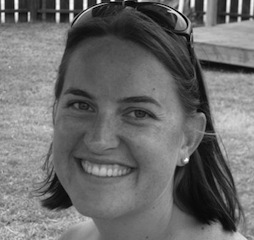 This post originally appeared on
This post originally appeared on 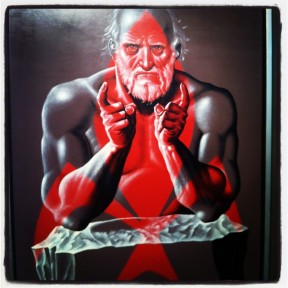
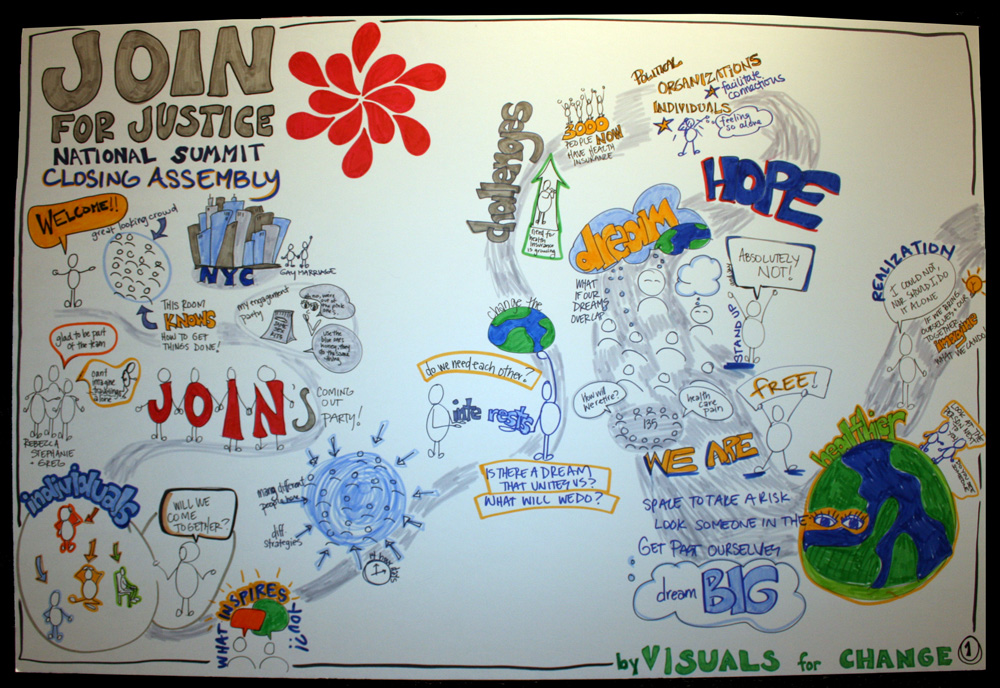
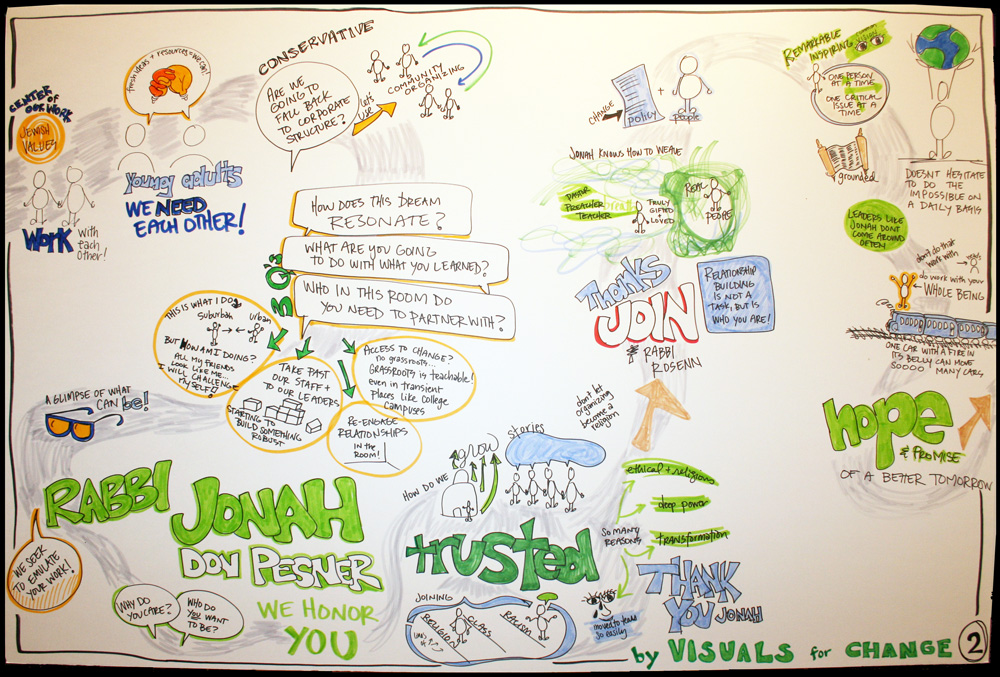
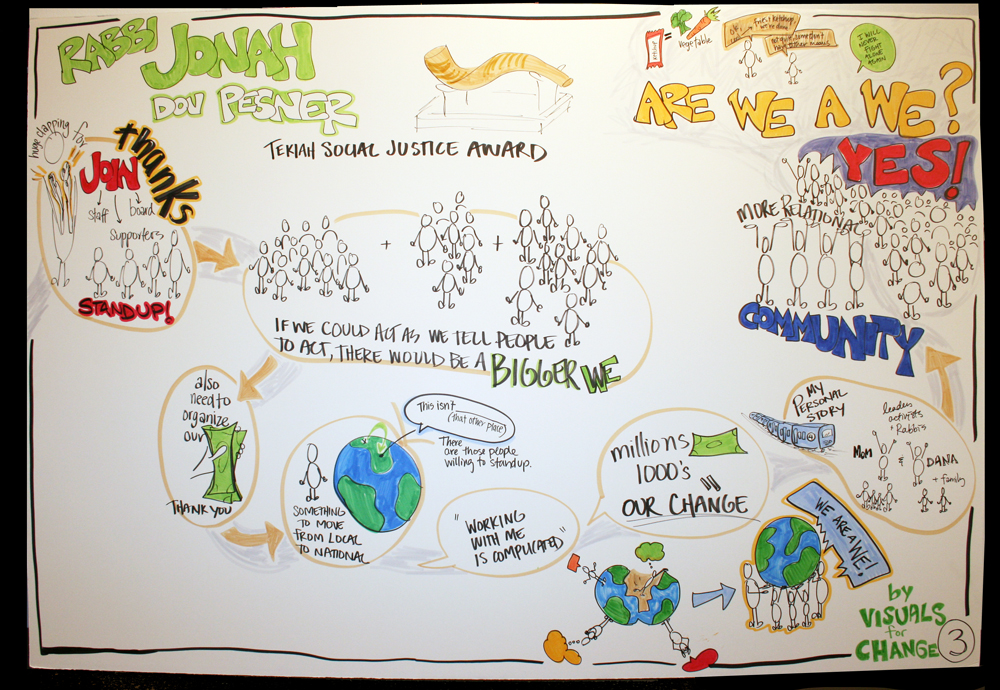
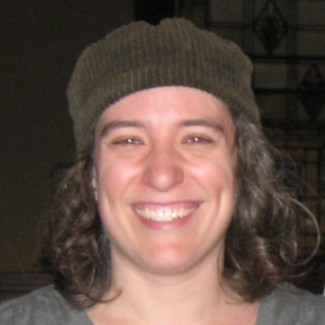 There was a paper cup sitting on the back of the water fountain. To most people, it was litter. To me, it was a sign that there were other Orthodox or traditionally observant Jews at the JOIN for Justice National Summit.
There was a paper cup sitting on the back of the water fountain. To most people, it was litter. To me, it was a sign that there were other Orthodox or traditionally observant Jews at the JOIN for Justice National Summit.


